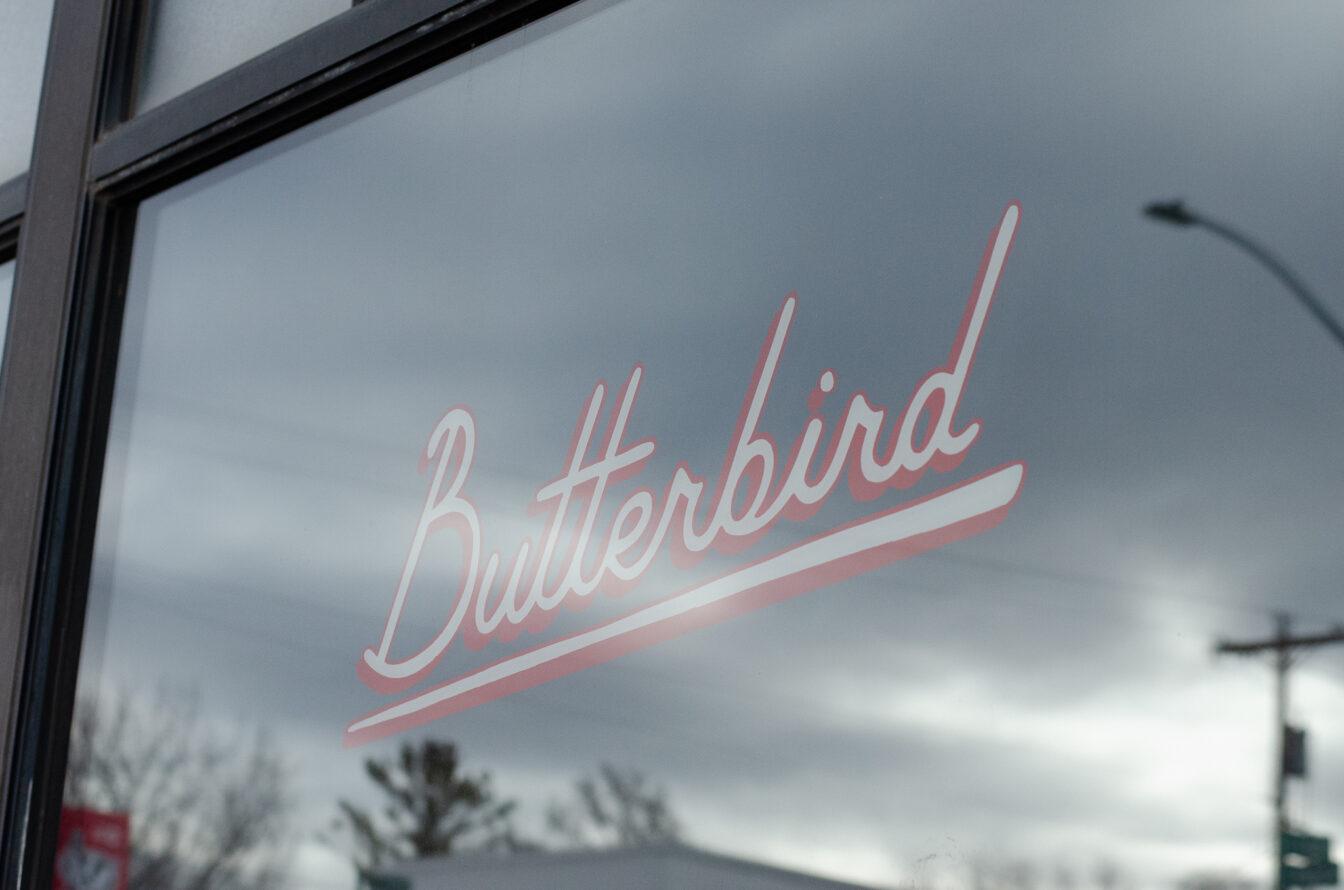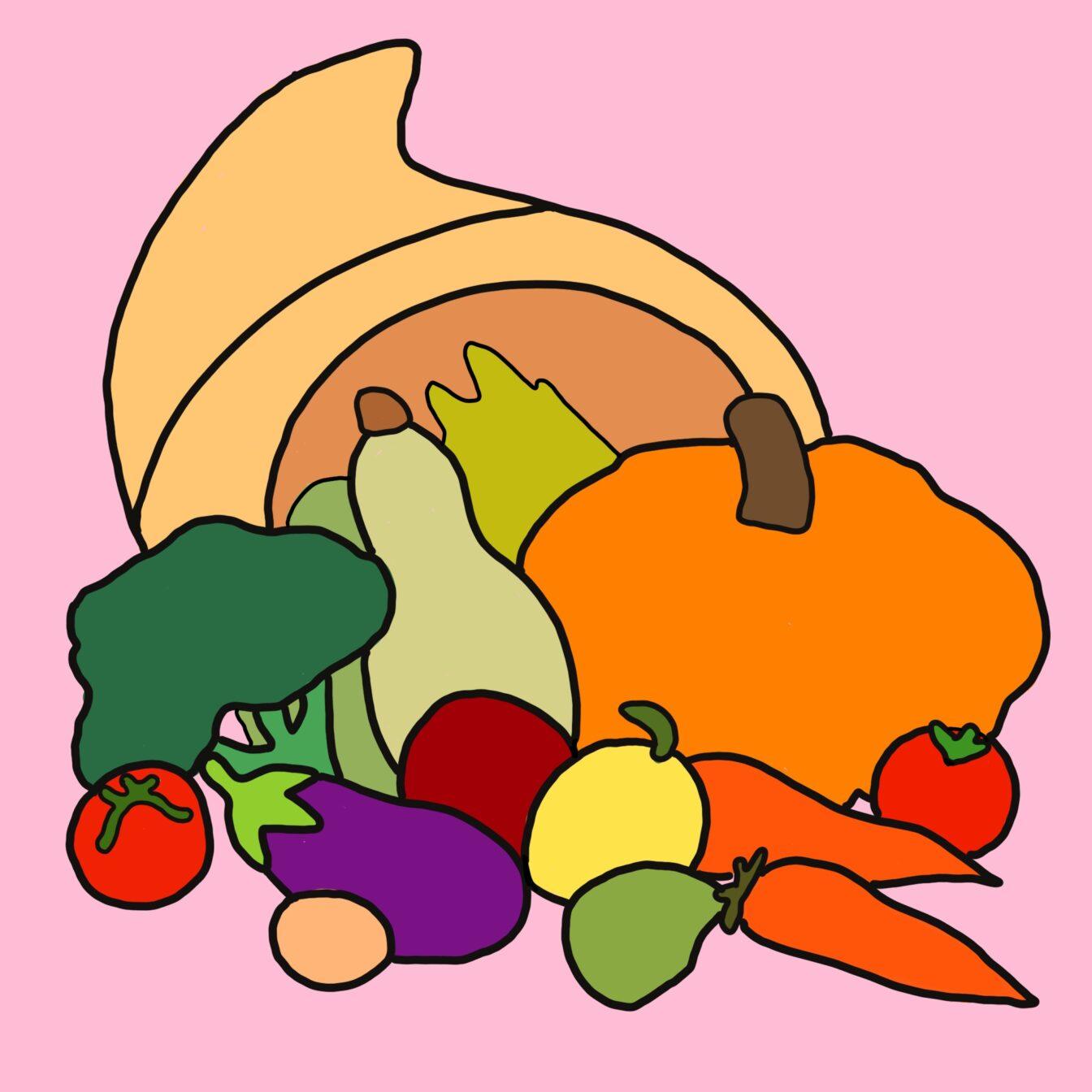It’s happened to all of us. You grab that anticipated item out of the fridge only to find that your carton of milk, fresh apple or container of potato salad has spoiled. You toss the offending item into the trash, destined for a landfill.
As an advocate for choosing fresh foods over processed, I know it can be a struggle to use it all up before it spoils. But not only is throwing away rotten food like emptying your wallet in the trash, it significantly contributes to your carbon footprint and your impact on the environment.
According to a recent publication from the National Resources Defense Council, an estimated 40 percent of food produced annually in the United States goes to waste. That much food costs $165 billion to produce and accounts for 4 percent of American oil expenditure and 25 percent of all freshwater use. And how much landfill space does that fill? Thirty-three tons every year.
In addition, the processing and transportation of food – not to mention its decomposition in landfills – contributes to greenhouse gas production. The gases are a major important factor in global warming.
Where does all this waste come from? You can thank the American consumer. The waste starts on the farm; some crops simply aren’t picked because their appearance makes them unfit for sale in American supermarkets.
The next factor is misguided shopping. Americans buy more than they consume, leading to spoiled items and meal scraps filling up the trash.
Why should we care? Not only does avoiding food waste save you money and help the environment, but it could also help feed other people. The NRDC estimates that 25 million people could be fed if Americans decreased their food waste by just 15 percent.
So how can you help? Here are some tips from the NRDC to keep healthy, fresh food in your belly and out of the landfill:
1) Shop smarter. A weekly grocery list shouldn’t just include the items you want to eat, it should factor in how much you’ll be able to consume. Know your schedule and plan ahead – don’t buy food for a three course meal every night during your exam week, for example.
2) Know when foods spoil. Did you know that “use-by” dates and “sell before” dates are just suggestions from manufacturers? They are not mandated by the government and some foods can be safely eaten after these dates. However, the Food and Drug Administration does recommend that any product that “looks or smells suspicious” should not be consumed to avoid foodborne illness, regardless of the date on the label. The USDA-run website www.foodsafety.gov is a great resource for safe storage of fresh foods.
3) Keep track of the fridge. Get creative when things near the end of their shelf life. Need to use up lots of spinach or a batch of eggs? The web is full of sites like allrecipes.com, which lets you search recipes by ingredient.
4) Use your freezer. Store all those awesome meals you have cooked for later. This will also save you money on frozen meals and other ready-to-eat products.
5) Compost. This one might seem like a stretch for a college student, but did you know that there are student organizations on campus dedicated to the environmental issues around food?
Groups like F.H. King Student Farm, Slow Food UW, WeConserve and the Office of Sustainability are working together to provide composting programs in order to help students reduce waste and recycle nutrients. If you are interested in getting involved, send an e-mail to [email protected] for more information.
6) Donate. Have some items that you just aren’t in the mood to use anymore? There are several food pantries in the Madison area that are always in need of help. Check out Second Harvest Foodbank (www.secondharvestmadison.org) or the Society of St. Vincent De Paul (http://www.svdpmadison.org/food.html) for more information on how you can help and get rid of extra food.
Staying healthy while in school can be hard enough. Don’t make it harder on yourself by giving up on healthy food for frozen pizzas and take-out. If you take these easy tips to heart, you can make a difference in your own health, the environment’s and even the health of others in the Madison community.
If you’re interested in reading the publication from the NRDC the link is listed here: www.nrdc.org/living/eatingwell/files/foodwaste_2pgr.pdf
This week’s recipe is an ode to what seems to always be on the brink of spoilage in my own fridge – eggs, cheese and vegetables. You can sub in any vegetables you have (mushrooms, spinach, tomatoes, etc.) and saut? them into this standard recipe. You can also try different flavors of cheese for different recipes.
No-Crust Quiche with Broccoli and Cheese
Ingredients:
? 2 teaspoons olive oil or vegetable oil
? 1/2 onion, sliced
? 1 garlic clove, minced
? 5 cups broccoli florets
? Cooking spray
? 1 1/4 cups skim milk
? 1 cup (4 ounces) shredded reduced-fat Swiss cheese
? 2 tablespoons chopped fresh parsley
? 2 teaspoons Dijon mustard
? 1/2 teaspoon salt
? 1/4 teaspoon freshly ground black pepper
? 4 large egg whites, lightly beaten
? 2 large eggs, lightly beaten
? 1 tablespoon grated fresh Parmesan cheese
Directions:
Preheat oven to 350 degrees F. Heat oil in a large nonstick skillet over medium-high heat. Add onion and garlic; saut? 1 1/2 minutes. Add broccoli; saut? 1 minute. Spread broccoli mixture into a 9-inch pie plate coated with cooking spray. Combine milk and next 7 ingredients (milk through eggs) in a large bowl. Pour milk mixture over broccoli mixture; sprinkle with Parmesan. Bake at 350 degrees F for 40 minutes or until top is golden and a knife inserted in center comes out clean; let stand 5 minutes. Enjoy!


























